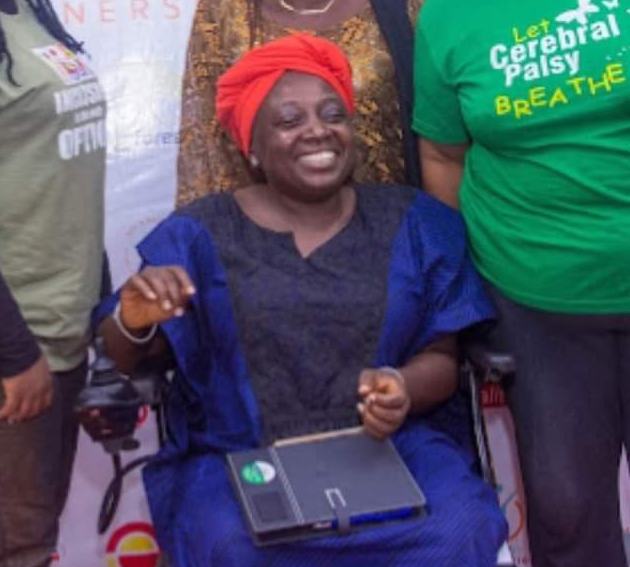The Cedar Seed Foundation(CSF) has unveiled a startling statistic, asserting that women with disabilities in Nigeria are currently experiencing a disheartening zero percent rate of participation in governance. This revelation surfaced during a dynamic stakeholders engagement on disability inclusion in governance held in Abuja, generously supported by the MacArthur Foundation and the Policy and Legal Advocacy Center (PLAC).
Lois Auta, the Founder/Executive Director of the Cedar Seed Foundation, highlighted the triple challenge faced by women with disabilities: navigating the hurdles of being a woman, a woman with a disability, and contending with pervasive barriers, whether attitudinal, infrastructural, or institutional. Auta emphasized the stark contrast in representation, lamenting that while men with disabilities secure elected offices, women and girls with disabilities are left on the sidelines.
“It’s a call for collaboration,” Auta asserted passionately. “We are advocating for total inclusion, amplification of our voices, and the rightful place of women and girls with disabilities in decision-making and policy influence.”

Adding international weight to the cause, James Christoff, the High Commissioner of Canada to Nigeria, highlighted the commitment to advancing gender equality through the International assistance policy. The Canadian government, through its fund for local initiatives, aims to fortify local institutions, focusing on governance and the rule of law, with a particular emphasis on promoting disability inclusivity.
Christoff underscored the significant gap in implementing and complying with the National Disability law across various Nigerian institutions. He emphasized the necessity of strengthening partnerships and fostering synergy among federal, state, and private sectors to enhance compliance with disability laws.
Representing PLAC, Mr. Akwu Ogbadu expressed enthusiasm for collaborating with the disability community to ensure an inclusive governance system in Nigeria. He anticipates that this collaboration will shed light on issues of negligence within the governance system, ultimately leading to achieving key milestones at all levels of government.
This initiative not only addresses a pressing societal concern but also aligns with global efforts to champion inclusivity. The quest for equal representation for women with disabilities in Nigerian governance is gaining momentum, and stakeholders are united in their determination to break down barriers and create a more equitable future for all.
Inclusivenews


